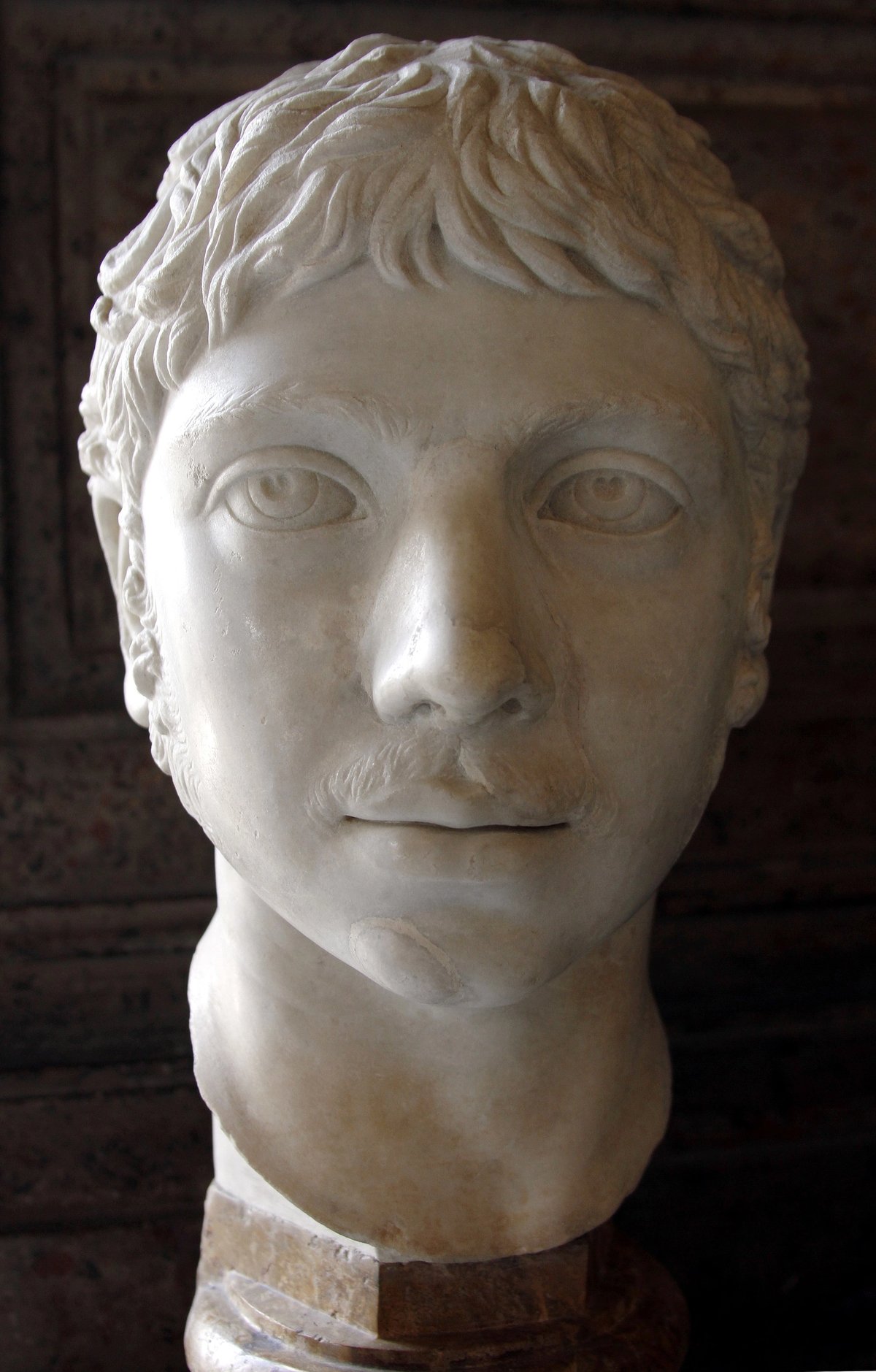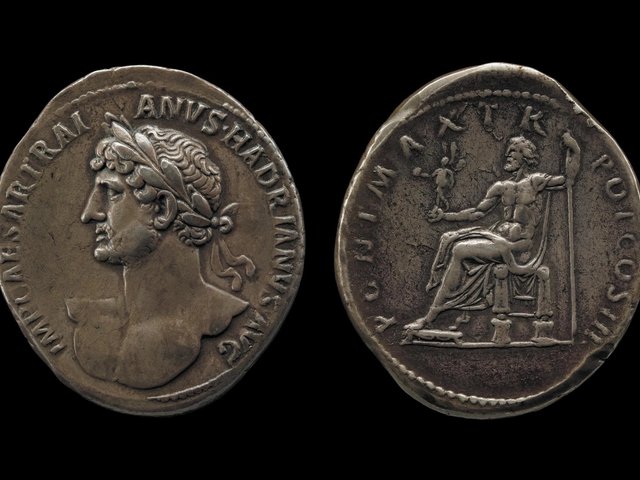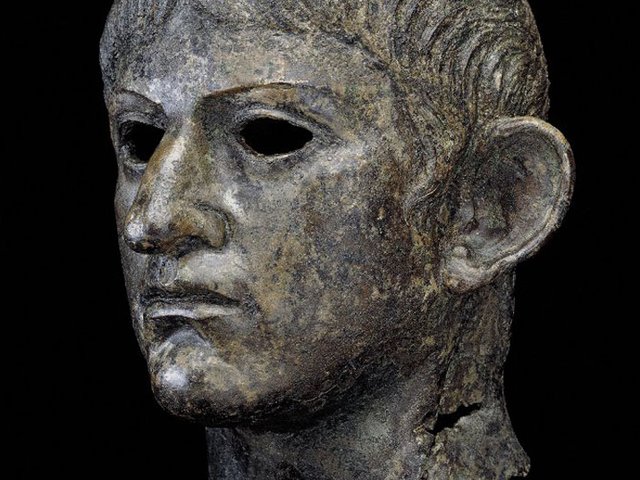A UK museum says that it will be heeding research that reveals the ancient Roman emperor Elagabalus was transgender and will subsequently be referring to the ruler as “she” in its displays. According to the Telegraph the North Hertfordshire Museum will use the new set of pronouns to refer to Elagabalus based on classical texts where the emperor asked to be called “lady”. The decision follows long-standing academic interest in Elagabalus's gender identity.
Keith Hoskins, executive member for Enterprise and Arts at North Herts Council, says in a statement issued in August: “North Herts Museum has one coin of Elagabalus, which we periodically put on display as it is one of a few LGBTQ+ items we have in our collection.” The silver denarius coin was minted in Elagabalus’s rein (218-222AD).
“We try to be sensitive to identifying pronouns for people in the past, as we are for people in the present, it is only polite and respectful. We know that Elagabalus identified as a woman and was explicit about which pronouns to use, which shows that pronouns are not a new thing,” says Hoskins.
He adds: “In the past, inaccurate translations had referred to Elagabalus as ‘they’; however we now know this was the result of the classical Greek language making no distinction between gender when referring to people in the third person, making many translations inaccurate. It is now known through evidence—such as Dio’s text [Cassius Dio was a contemporary of Elagabalus]—that Elagabalus most definitely preferred the ‘she’ pronoun and as such this is something we reflect when discussing her in contemporary times, as we believe is standard practice elsewhere.”
A statement dating from November 2021 posted on the museum website says: “If we look back into history, there are people whose identities we might now describe as transgender. The Roman emperor Elagabalus (AD 204-222) was born a male but by their teenage years, identified as a woman and tried unsuccessfully to find a doctor who could carry out sex reassignment surgery.”
Elagabalus is considered one of the most controversial Roman emperors. “Elagabalus was also known to have married a man, the charioteer and former slave Hierocles, and they loved being referred to as Hierocles’ wife or mistress. The emperor is also reported to have frequently worn wigs and makeup, preferred to be called ‘domina’ (lady) over ‘dominus’ (lord), and even offered vast sums of money to any physician who could give them a vagina,” an interview published in 2021 on the University of Birmingham website explains.
Last month new guidance on trans-inclusive practice in UK museums, galleries, archives and heritage sites, was published by the University of Leicester’s Research Centre for Museums and Galleries (RCMG); the guidance was welcomed by advocates for trans rights but vilified by some commentators in the UK press, reflecting how the debate over trans rights continues to intensify.




